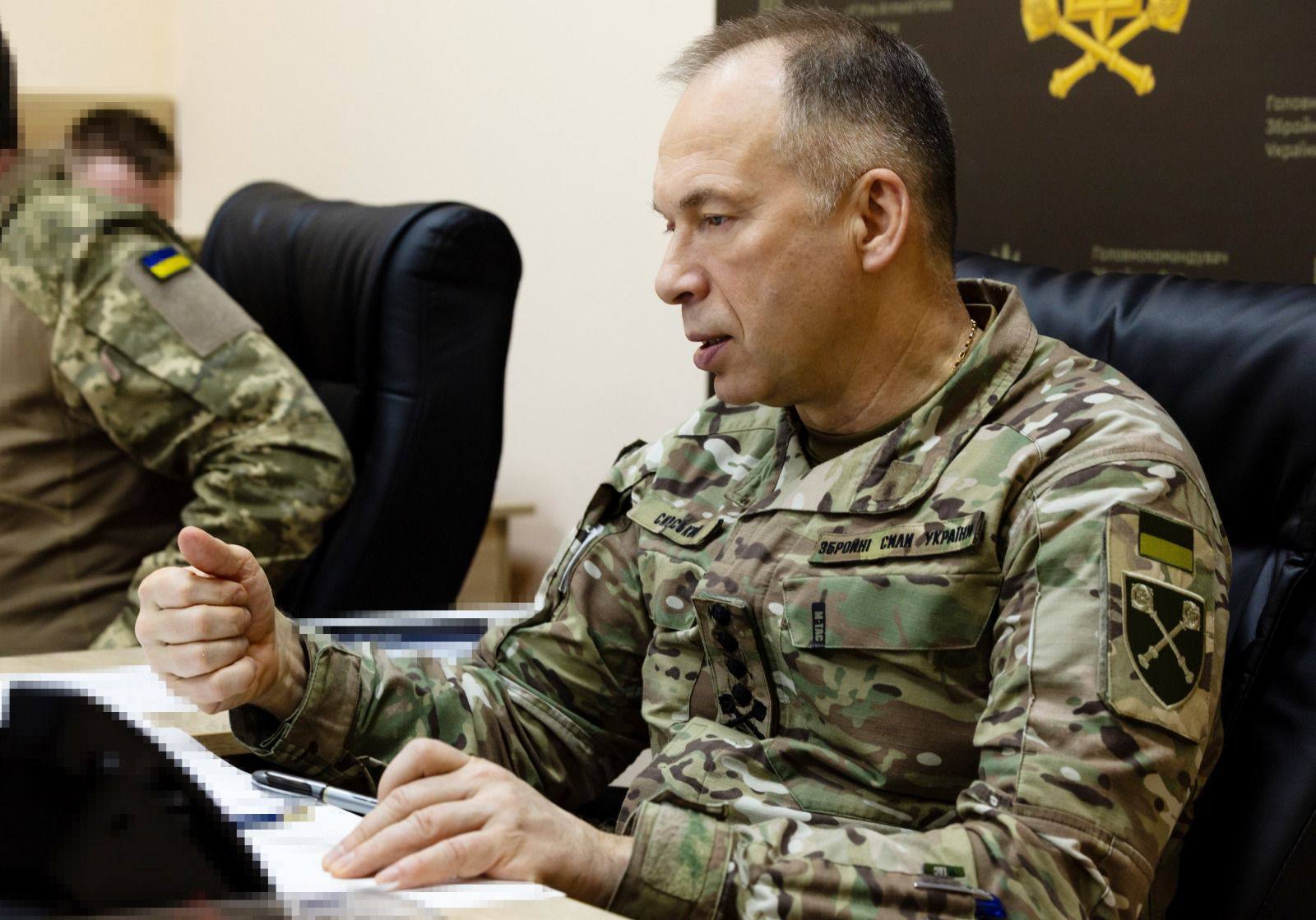The United Nations General Assembly adopted a resolution on Thursday demanding that Russia immediately withdraw its troops and personnel from Europe's largest nuclear power plant and return the facility to Ukraine.
The resolution also reiterates the Assembly's demands for Russia to immediately "cease its aggression against Ukraine" and withdraw all its forces, while reaffirming the support of the 193 member states for "the sovereignty, independence, unity, and territorial integrity of Ukraine."
The resolution was approved with 99 votes in favor, 9 against, with 60 abstentions and 25 countries not voting. Those voting against included Belarus, Cuba, Eritrea, Mali, Nicaragua, Syria, Burundi, North Korea, and Eritrea. China, India, South Africa, and many Middle Eastern countries were among those abstaining.
The resolution expresses "serious concern over the unstable nuclear safety situation at the Zaporizhzhia nuclear power plant." It states that returning the plant under full Ukrainian control will ensure its safety and enable the International Atomic Energy Agency (IAEA) to provide safe, effective, and efficient guarantees.
Concerns over a nuclear catastrophe have been paramount since Russian forces occupied the plant shortly after the invasion of Ukraine in February 2022. The Zaporizhzhia Nuclear Power Plant, with its six nuclear reactors, is located in a Russian-controlled area in southeastern Ukraine near the front line and is constantly under crossfire.
The IAEA has repeatedly expressed concerns about disruptions in electricity supply to Zaporizhzhia, which is crucial for the plant's operation, as well as problems with its supply. Without naming culprits, IAEA Director General Rafael Mariano Grossi stated on April 15 at the UN Security Council that his agency had confirmed three attacks on the Zaporizhzhia Nuclear Power Plant since April 7.
Both Ukraine and Russia regularly accuse each other of attacks on the plant, and these accusations continued on Thursday.
Ukrainian Ambassador to the UN Sergiy Kyslytsya presented the resolution, telling the General Assembly that Russia "continues to violate key principles of technological and physical nuclear safety" and continues to attack the plant.
He warned that Ukraine and neighboring countries have faced "catastrophic consequences" from the Chernobyl nuclear disaster in 1986, but the consequences of a possible incident at the Zaporizhzhia Nuclear Power Plant, "deliberately turned into a key component of Russia's military strategy, would be even more catastrophic."
Kyslytsya cautioned that "if we simply stand idly by, this luck will not last forever, and an incident will be inevitable."
Russia's Deputy Ambassador to the UN Dmitry Polyanskiy accused Ukraine and its Western supporters of trying to push through a resolution aimed at gaining "the blessing" of the General Assembly for the results of a peaceful conference on Ukraine held last month in Switzerland and for "injecting political elements."
The conference communique, endorsed by nearly 80 countries, called for Ukraine's "territorial integrity" to be the basis for any peaceful agreement aimed at ending the war. It also stated that the Zaporizhzhia and other nuclear power plants should remain under Ukraine's control in accordance with IAEA principles.
Polyanskiy accused supporters of the communique of attempting to "promote a false Western narrative about the source of threats to nuclear facilities in Ukraine." He stated that the only threat to nuclear facilities in Ukraine today is "Kyiv's regular reckless attacks on the Zaporizhzhia nuclear power plant," its infrastructure, and the adjacent city where plant workers and their families live.





















